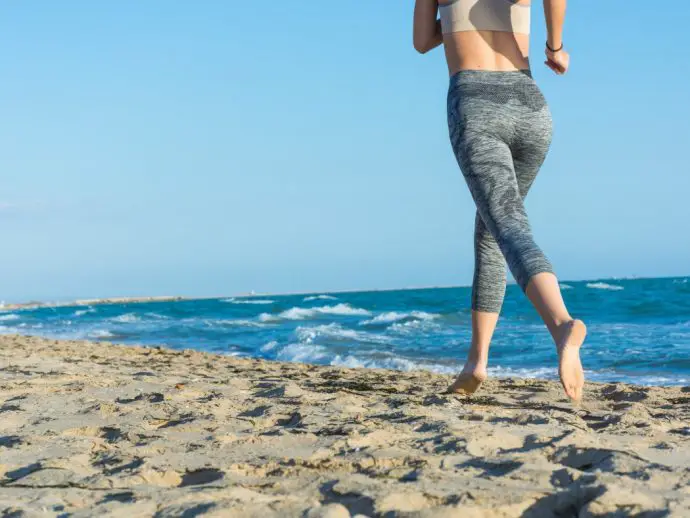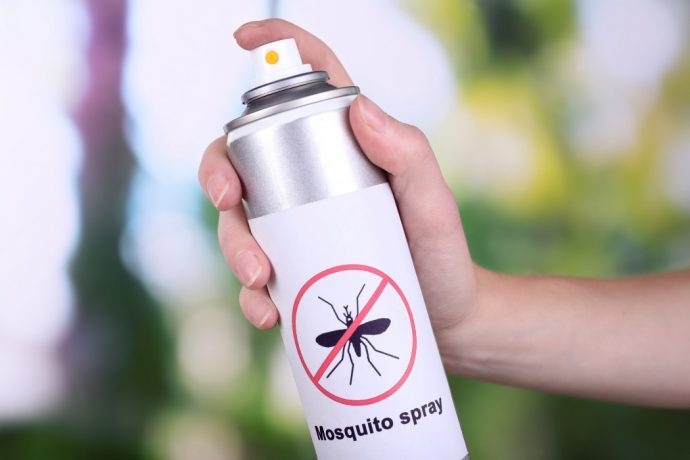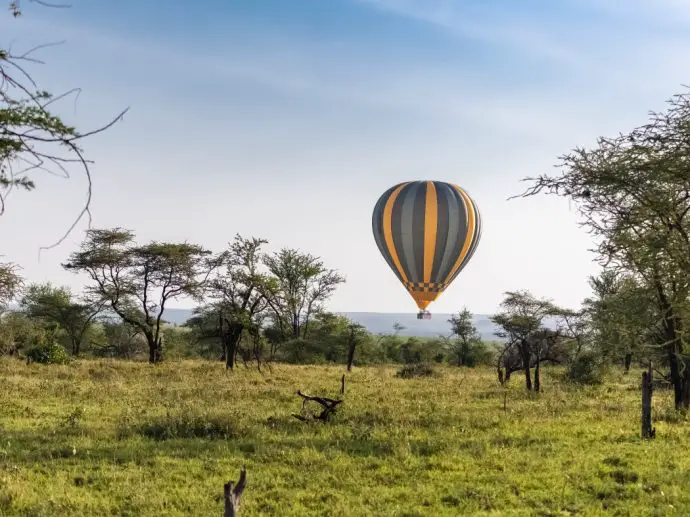Travelling is great. Until that is, you get ill. As they say, prevention is always better than the cure.
However, sometimes it doesn’t matter how well prepared you are, you can get sick while you are travelling, and that can really put a downer on your trip. When you’re planning your travels, it is always better to prepare for as many eventualities as possible. Dealing with foreign health care systems, medical insurance and health care professionals speaking a different language to you are all things that you really do not want to be dealing with on your dream trip. Being fit to begin with and carrying essential medication with you at all times is the first step towards a healthy trip.
It’s a lot easier to stay healthier in some places than it is in others, particularly when it comes to health and safety issues around food, and other environmental issues such as monsoon seasons, droughts and access to clean, safe water. Wherever you are planning to go, it is essential that you are aware of the ways of keeping yourself safe. Hopefully, these tips will help you to avoid any worst case scenarios.
Get Vaccinated
Fortunately, some people are privileged enough to be able to access many necessary vaccinations for free through their health care service, but to get the best possible coverage, it is advised to get the whole host of vaccines, including tuberculosis (TB), encephalitis and meningitis, as well as any routine childhood ones that you may have missed or need boosting. You should always seek the advice of a healthcare professional to make sure you’re having the right vaccinations for your destination.
Watch Out for Those Mosquitoes.
They are more than just pesky insects buzzing around at night – in some countries, those little creatures can carry some pretty nasty diseases, including ones that can be fatal such as Zika, Malaria, dengue and yellow fever. You are more likely to find them in Asia, South America and Africa. Being bitten by one won’t necessarily mean you are ill, but it can be itchy and uncomfortable, and so it is best all round to take precautions to avoid them where possible. Vaccinations will go some way towards protecting you, but another way of repelling them is with a chemical called DEET. Be warned though, this is pretty heavy duty stuff! If you do want something a bit more natural, try citronella (which can be burned in candle form) or eat plenty of chilli and garlic. Air-conditioned rooms are usually better for stopping them, as they are sealed and if you do have to have the windows open in the evening or through the night, use protective mosquito nets. During the day, cover up with long sleeves and trousers, especially if you’re going near a body of water.
Practise Sun Safety
We all know the sun safety guidelines, but when you are abroad having fun, it is so easy to overlook these. The sun is likely to be even hotter and even stronger, especially if you’re at the beach, and sunburn and sunstroke are not fun as well as the long term risk of skin cancer. Try and avoid being in direct sunlight between 11 am and 3 pm, wear loose, long-sleeved cotton shirts and trousers and hats, and always, always use a sun cream or sunblock with a high SPF – at the very least, 30. It is also important to stay well hydrated.
Check Your Travel Medical Insurance
Travel insurance is an absolute essential. As soon as you’ve booked your trip, this should be the first thing that you think of. Always read the policy carefully to make sure you understand what’s included, and what isn’t. Make sure that your policy covers any activities that you are planning to do (especially if you are doing something considered risky, such as skiing or bungee jumping!), the destination that you are travelling to and the length of time you are planning on going for.
Sometimes things go wrong when you’re travelling that can have far-reaching mental as well as physical consequences, and it’s important to remember that taking care of your mental health is just as necessary as applying that sunblock, and watching out for mosquitoes. This applies to domestic trips as well as foreign ones! Just because you’re only popping away for a long weekend down the road doesn’t mean you’re immune from potential calamities. Therefore it’s an idea to check whether your insurance will cover mental health treatment as discussed in this article here. If you go away armed with the knowledge that your insurance covers anything you’re likely to encounter, then this peace of mind will ensure you have a great trip without unnecessary worry.
Check Out the Water
Many of us take clean, safe water for granted. We only have to turn on the tap, and it is perfectly safe to drink with, cook with and wash and bathe in. However, there are many other countries where this basic human essential is just not accessible or safe, and it can make you incredibly ill. Diseases and illnesses we haven’t seen for years such as cholera and dysentery, are rife in areas where clean water is not available and you really don’t want to be getting those! If you are not 100% sure about the cleanliness of the water where you are, purchase bottled water (check the seal is intact) or carry around a water bottle with a filter and a sanitation kit, which are available online. Avoid having ice in drinks and raw foods such as salads and vegetables which may have been washed in unsafe water.
Stay Active: Walk or Move to Stay Healthy
Incorporating movement into your travel routine, whether through walking, jogging, or simple stretching, helps combat fatigue, boosts circulation, and keeps you energized. Walking is also a great way to explore new places and get a more personal experience of your destination—just remember to wear comfortable shoes and adjust your watch band for a secure fit during activities.
Make sure you wear footwear that’s suitable for the terrain, and always keep hydrated, especially if the climate is warm. Regular movement can prevent stiffness from long flights or drives and promote overall well-being, helping you enjoy your trip to the fullest.
Watch What You Eat
Part of the experience of travelling to different countries is having the opportunity to taste new foods. However, while your palate might enjoy them, sometimes, your digestive system does not entirely agree. By all means try those different foods, but try to find a balance so that you are not running off to the nearest toilet every few minutes. The food that you eat at home is not necessarily safer, but your gut may not be used to particular foods and methods of cooking. For example, in some countries, more natural fertilisers are used on crops, which contain bacteria. If you are not used to it, it can cause ‘travellers tummy’. Other typical food borne illnesses include salmonella, E-coli and norovirus, all of which can be nasty and leave you feeling very sorry for yourself for a few days. The best thing to do is to use your common sense. As we mentioned above, avoid raw vegetables and fruit, make sure meat and seafood are thoroughly cooked and if somewhere does not look clean, it is probably best to avoid it.
Wash Your Hands Thoroughly
You should be doing this anyway, but it is even more critical when you are travelling abroad. Proper hand hygiene is essential to protect against the spread of infection and can dramatically reduce your chances of getting diarrhoea, food poisoning, vomiting, influenza, gastroenteritis, norovirus, MRSA and hepatitis A. Many travellers carry around bottles of antibacterial hand gel, which can be very useful, but do not be fooled into thinking that it will be more effective than plain hot water and soap. Wash your hands under clean, hot water for at least thirty seconds before and after eating, touching animals and going to the toilet.
Carry a Basic First Aid Kit
Okay, so when you are travelling, the last thing you probably want to do is carry about something extra, but a first aid kit is an absolute essential – more so than that last pair of shoes! It prevents you from having to interrupt your trip locating a doctor or a pharmacist that you are able to communicate with for something that may be easily treated and sorted out with a basic first aid kit. Some of the things that you should have in there include:
Plasters, Sterile dressings, Antiseptic wipes, Wound cleaning gauze, Painkillers (check travel restrictions with these prior to travelling), Bandage tape, Bandage, Scissors, Tweezers, Thermometer, Antihistamines, Insect bite treatment, Insect repellent, Sunburn treatment, Medication for existing health conditions.
You may also want to add rehydration sachets, water disinfectant and anti-malaria medication, depending on where you are travelling, as mentioned above.
With a few simple precautions before you go and using common sense and basic hygiene while you are travelling, your trip should be free of illness and health issues. Of course, you cannot prevent anything, but these tips will go a long way towards keeping you and your travelling companions safe.










